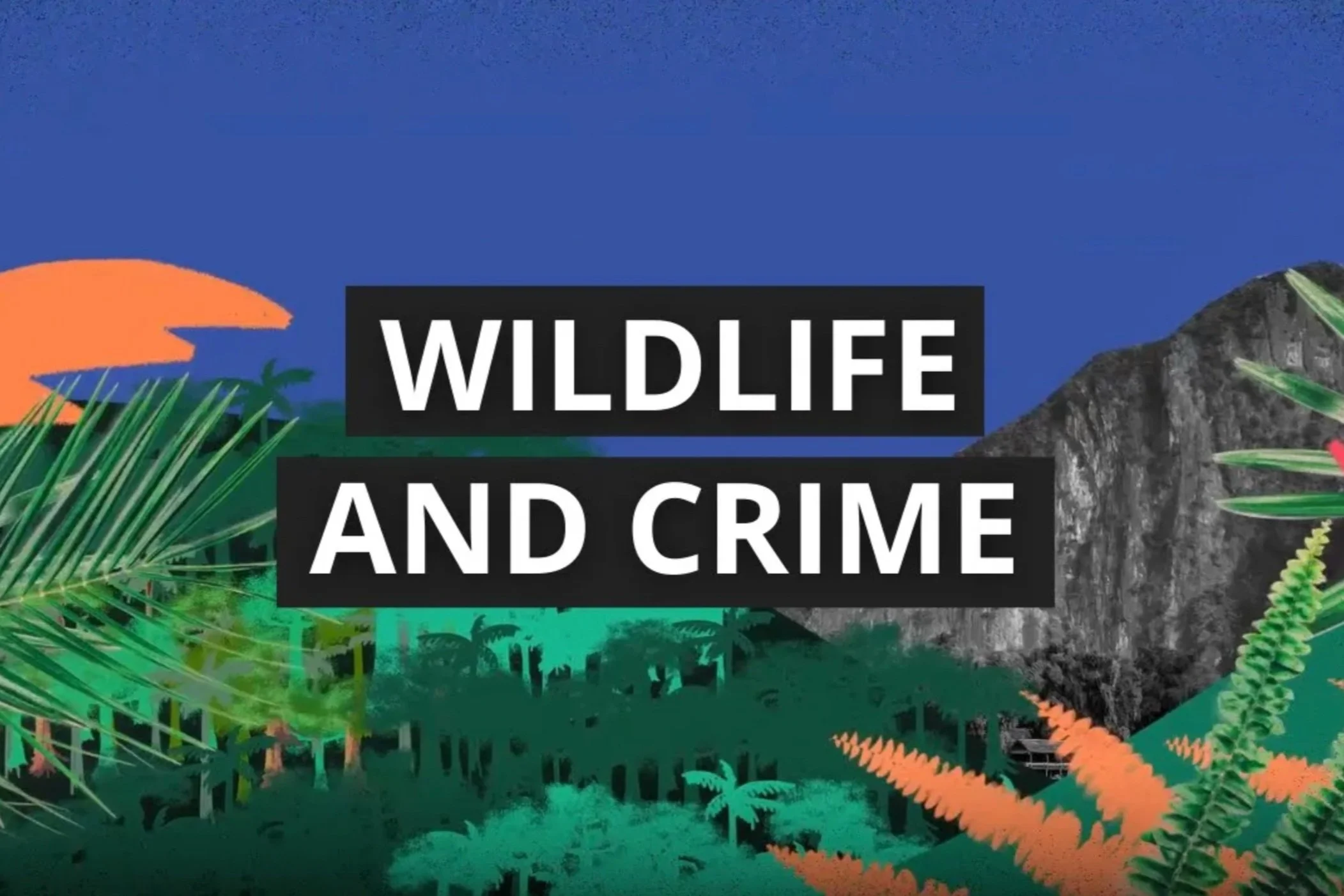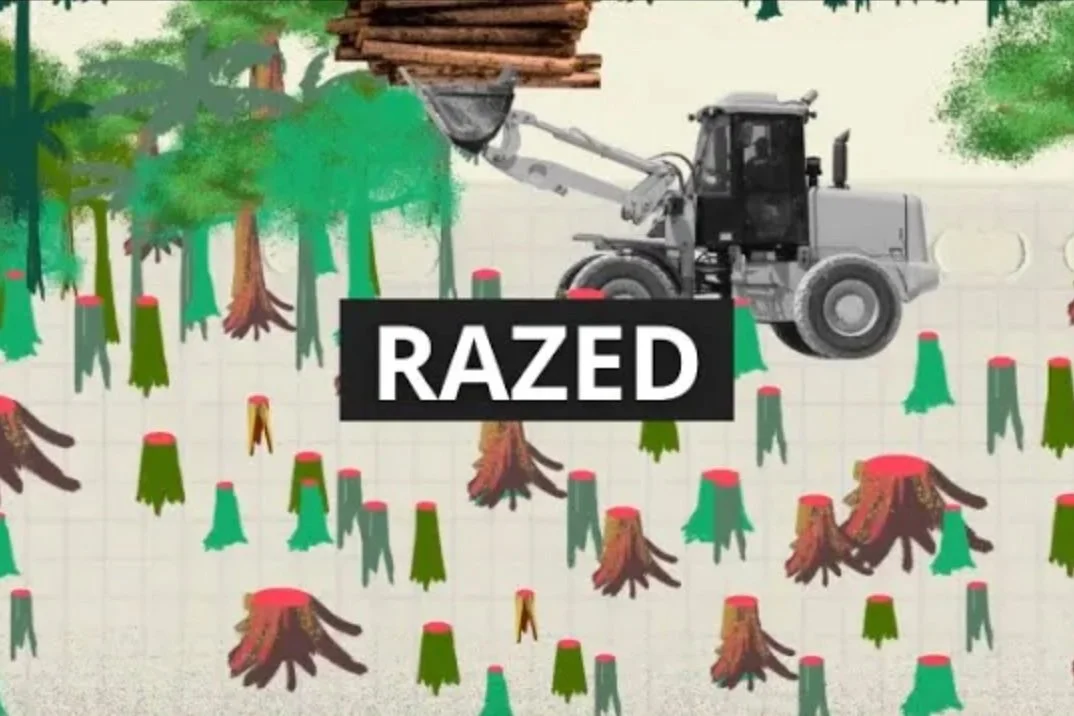Producer
What’s going on in the Greater Mekong Region?
The global illegal timber trade generates up to $152 billion a year. This accounts for up to 90% of deforestation in tropical countries, and attracts the world’s biggest organized crime groups. Illegal logging is today responsible for 15% to 30% of global timber production. Estimates vary because complex international supply chains make it difficult to ensure the timber has been lawfully handled at every stage. Illegal logging is devastating forests in the Greater Mekong region, which consists of Thailand, Laos, Cambodia, Myanmar, Vietnam and parts of China.
Domesticating the unique Inirida flowers
The Inirida flower grows in a small area along the Colombian-Venezuelan border. An indigenous leader and botanist successfully worked together to domesticate this rare and little-known flower. Its conservation helps ensure the long-term protection of other species while offering potential bioremediation against contaminated soil. Inírida’s commercialization plays a vital role in the region’s green economy, bringing in revenues for Indigenous families.
Why has illegal logging increased in the Mekong?
In recent decades, rich tropical forests of the Greater Mekong region have been steadily depleted by the world’s growing appetite for timber. Recognizing the impact of the timber trade on natural forests, governments in the Greater Mekong region have come up with laws to regulate logging and timber exports. However, insufficient political will and collusion between officials, businesspeople and criminal groups means enforcement is limited. There is a clear need to strengthen local laws and enforcement, but pressure from foreign governments, businesses and consumers can help.


